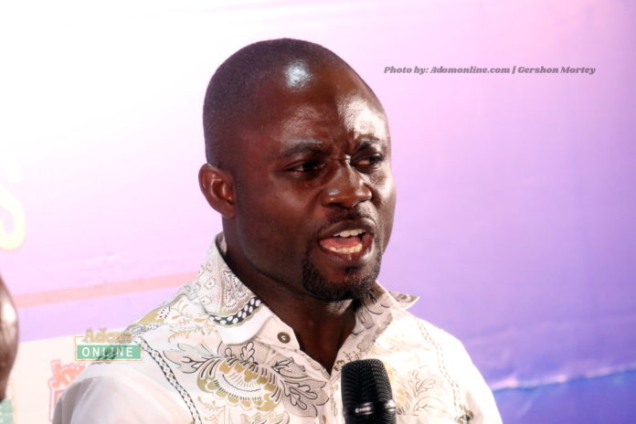
The Minority in Parliament says the shortage of vaccines against the six childhood killer diseases that has hit the country must be treated as an emergency that should engage the attention of all stakeholders for a swift solution.
Minority spokesperson on Health and MP for Juaboso, Kwabena Mintah Akando, told journalists in parliament yesterday that the development smacks of incompetence by people in authority.
“We don’t want any big English and complex explanation. The vaccines should be delivered to the people of Ghana to save the lives of infants.
“Currently, all our children are at high risk. All we are interested in is that tomorrow by this time, the vaccines have been delivered and distribution has started,” Mr Akandoh said.
He said the shortage of the vaccines against the six childhood killer diseases is a “disaster, smacks of incompetence and highly unacceptable. “Every child has the right to good health care and it begins with immunisation.” he said.
According to Mr Akandoh, of the 13 vaccine types Ghana administers to its infants, Gavi Vaccine Alliance, a public-private global health partnership with the goal increasing access to immunisation in poor countries, co-finances 10.
“We as a country are supposed to procure the other three vaccines, which includes vaccines against tetanus, polio and measles, but we are defaulting.
“Now Gavi is considering withdrawing completely its support for vaccine procurement. We can’t finance three, so how then can we be able to finance 13 if Gavi withdraws? We will be in big trouble if Gavi ever withdraws its support.”
Parliament, Mr Akandoh said, made provisions for the purchase of vaccines by approving the National Health Insurance allocation formula, which deals with the procurement of vaccines.
“In the 2022 budget, an allocation of GH¢72 million was made to the National Health Insurance Authority (NHIA) to procure vaccines. The health insurance said it has released the money so it beats my imagination that after the release of the GH¢72 million, there is shortage of vaccines in the country,” he said.
The first measles case, he said was recorded in October 2022, but the government has looked on four clear months after.
“I think that this is unpardonable because in planning vaccine procurement and deployment, we plan a year ahead so why did we sit aloof to run out of vaccines in the country.
“This is unacceptable and especially so when these vaccines are not over the counter medications for people to just walk into pharmacies and purchase. They are highly protected by organisations and states. All the children in the country are at a high risk,” Mr Akandoh said.
He expressed the fear that the influx of Burkinabes into Ghana as a result of conflict in that country placed Ghanaian children at a higher risk.
Let’s not sweep this issue under the carpet. We must all be interested,” Mr Akandoh entreated.
BY JULIUS YAO PETETSI



